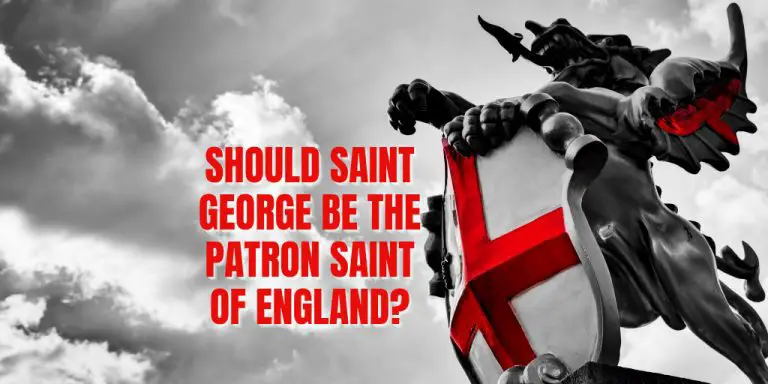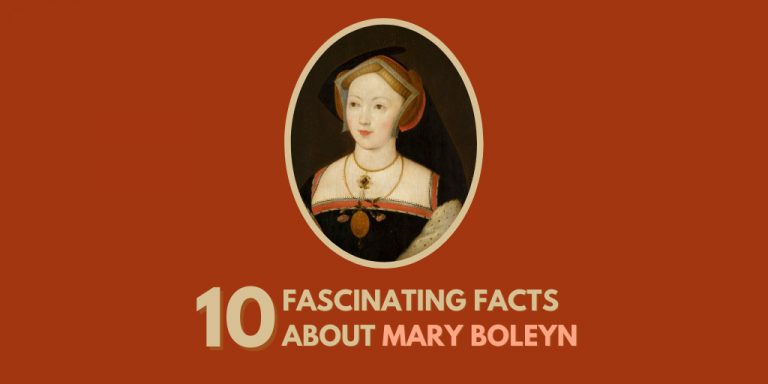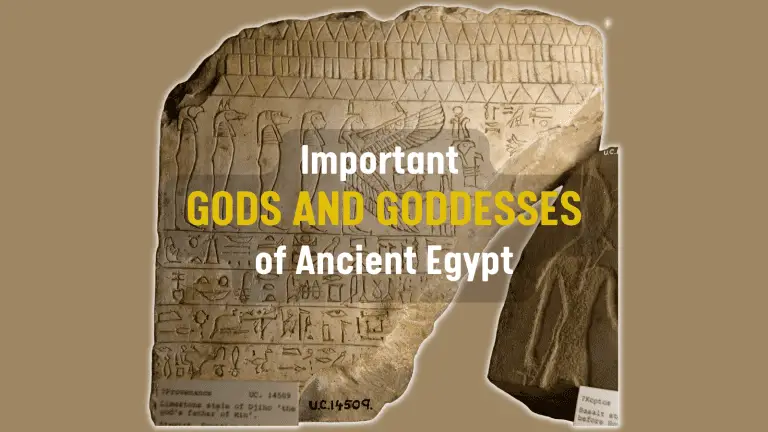What is King John most famous for?
Ascending to the English throne in 1199, King John ruled until 1216, following his elder brother, Richard I. As the youngest son of Henry II, he manoeuvred his way to the crown by sidelining his nephew, Arthur.
John’s reign was characterised by his reputation as a harsh, exploitative, and avaricious monarch. His failed military campaigns and contentious confrontations with the barons culminated in his signing of the Magna Carta in 1215, a pivotal document that imposed limitations on royal authority whilst safeguarding subjects’ rights.
John’s authoritarian approach isolated him from the nobility, and his reign was marred by financial and military failures, undermining his power. Despite the tumultuous nature of his rule, it did serve as a catalyst for the creation of the Magna Carta, a significant legal milestone for generations to come.
What is the number one thing King John is most famous for?
The most infamous aspect of King John’s reign was his reluctant agreement in 1215 to the Magna Carta, a significant document that played a crucial role in the development of democracy and human rights.
In his capacity as king, John repeatedly flouted feudal norms and disregarded the privileges of his barons. After a string of military defeats left John in a weakened position, the barons staged an armed rebellion against his oppressive rule.
At Runnymede, under duress, John agreed to the terms of the Magna Carta to preserve his kingship. This “Great Charter” limited the monarch’s arbitrary powers and established the principle that the Crown was subject to the rule of law.
The Magna Carta instituted specific rights and procedures, such as due process, trial by one’s peers, and protections for the church. By curtailing authoritarian rule, its enactment marked a pivotal step towards constitutional governance and the legal safeguarding of civil liberties from unchecked despotism.
The legacy of the Magna Carta has reverberated throughout history, informing subsequent seminal documents such as the United States Constitution. Its embedding of individual rights into a legal framework represented a pivotal moment in the evolution of liberty in the medieval world.
What else is King John remembered for?
King John’s legacy as a self-interested and ineffectual ruler emanated from a litany of controversies and failures. His marriage to Isabella of Angoulême stoked the ire of both the barons and French nobility. His defeat at the Battle of Bouvines in 1214 to Philip II Augustus resulted in a significant loss of territory in France, irrevocably diminishing Angevin power on the continent.
John demonstrated religious opportunism, alternating his allegiances between the Papacy and clergy to serve his political interests. He seized church lands during a papal interdict while attempting to appoint his ally Stephen Langton as Archbishop of Canterbury, engendering distrust from the church.
Nevertheless, John did contribute positively to the cultural evolution of England. He commissioned expansive building projects, notably Beaulieu Abbey, and broadened the royal records. John also awarded charters to towns such as Liverpool, King’s Lynn, and Hull, stimulating urban expansion.
However, these minor achievements are largely eclipsed by John’s significant political and military failings, which underscored his glaring inadequacies and forever associated him with the forced signing of the Magna Carta.
You might not know this about King John:
Despite his notoriety in English history as a despotic tyrant, King John projected a surprisingly sophisticated image as a patron of arts, education, and culture.
John demonstrated a strong personal interest in architecture, literature, and music. His building projects extended beyond military fortifications and religious edifices, encompassing cultured palatial spaces adorned with paintings and books. He broadened the royal library and was the first King of England to gift books.
John endeavoured to cultivate an intellectual court that centred on the liberal arts. Allegedly an avid reader, he would sleep with a book under his pillow. John also supported the establishment of schools, such as the early Oxford foundation that eventually became the University of Oxford, and sponsored higher education.
Thus, while John’s political and military governance proved unsuccessful, his endorsement of learning and the arts reveals his aspiration to be a scholar-king, bringing an unexpected touch of humanity to his otherwise harsh reputation.






